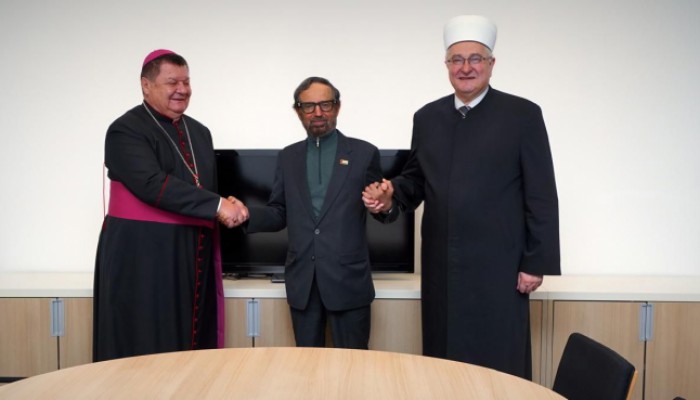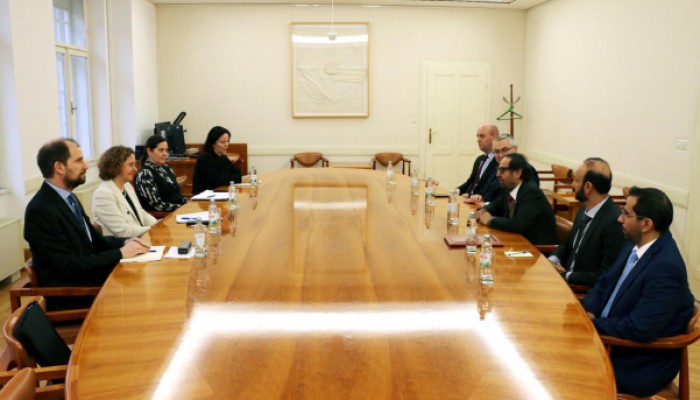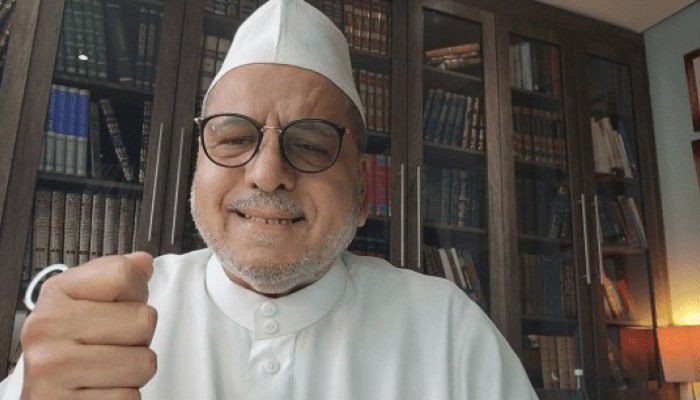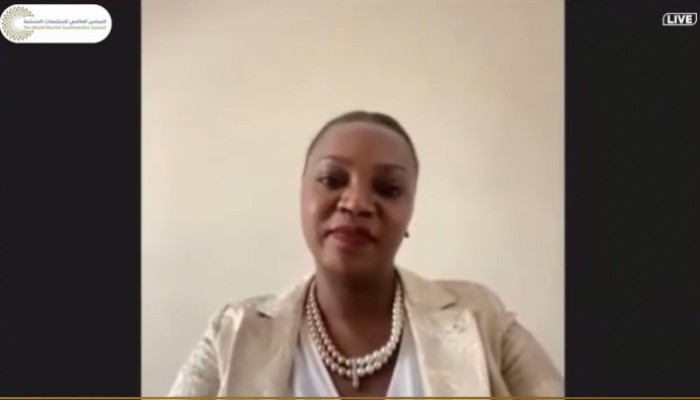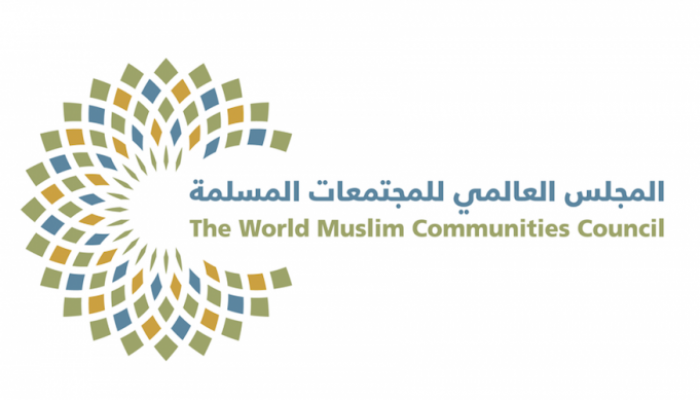
The World Muslim Communities Council organizes The Conference "Muslim Communities in Eastern Europe: Rights and Duties" in Croatia on 15-16 January 2019
- 2019-Mar-18
The World Muslim Communities Council organizes in cooperation with Albanian Islamic chiefdom in the Republic of Croatia the Regional Conference on Eastern Europe, entitled "Muslim Communities in Eastern Europe, Rights and Duties", on 15 and 16 January 2019 at the Islamic Cultural Center in the Croatian city Zagreb.
The conference is attended by Muslim figures, unions and Islamic institutes from more than 25 countries, including Croatia, Bosnia and Herzegovina, Slovenia, Macedonia, Kosovo, Serbia and Montenegro, the Czech Republic, Poland, Bulgaria, Estonia, Romania, Ukraine, Lithuania, Slovakia, Albania, Hungary and Greece, as well as more than 100 specialized personalities.
The conference seeks to achieve a number of objectives, including highlighting the Croatian model in organizing the relationship of religion to the state and society, encouraging dialogue and coexistence initiatives, furthermore, fortifying the Muslims from the currents extremism and violence, as well as highlighting the role of Islamic centers in achieving the spiritual security for Muslims and national harmony with other components of the community.
The discussions of the conference revolve around three axes: firstly; the development of the relationship between religion and state in Europe (comparative study). Secondly; the civilizational dialogue between Muslims and Christians (simulation or reality). Thirdly; the strategy of confronting the manifestations of Islamphobia and religious extremism. Fourth; islamic cultural centers and the integration of Muslims in Europe. Fifth; achieving the security of the community and the national harmony.
The Regional Conference "Muslim Communities in Eastern Europe, Rights and Duties", which is organized by the World Muslim Communities Council affirms the promotion of belonging to the homelands and the activation of the peaceful coexistence systems under the roof of the state of citizenship in implementation of the recommendations of the founding conference of the World Muslim Communities Council.
Especially those who call for "the integration of the Muslim communities in their societies where they live, respect of the laws of their countries and territorial integrity and work with them in partnership to activate the values of the social contract through emphasizing the respect for the fundamental rights of religious, cultural and ethnic communities, in particular those who referred to in the Global Charter of Muslim Communities in Part II, "Equality of Fundamental Rights and Freedoms"
In contrary to chapter II of Part IV "Cooperation with Governments", and Chapter III of Part IV "Cooperation with the international community" and "Supporting the principle of dialogue between different cultures and religions in order to achieve coexistence and security, furthermore, the consolidation of human dignity and the dissemination of the culture of peace".
The World Muslim Communities Council is based in Abu Dhabi, the capital city of the United Arab Emirates, and has 600 members. Its secretariat consists of 17 members representing Muslim communities in non-Muslim countries around the world.
The Council aims at increasing the role of Muslim societies and their members in the renaissance of their civil, cultural and economic states, as well as to correct the stereotypical image of Islam and Muslim societies.




